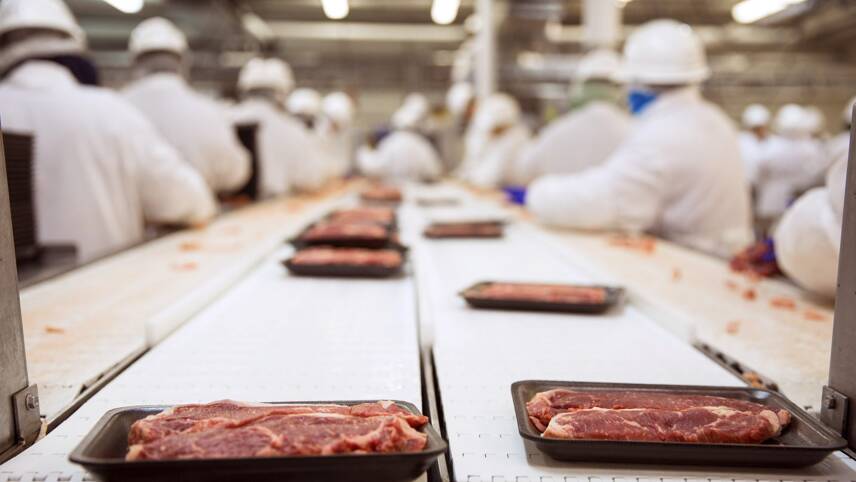Register for free and continue reading
Join our growing army of changemakers and get unlimited access to our premium content

That is a headline finding of a new report from investor network FAIRR. Published on Tuesday (3 May), the report takes the findings of the Intergovernmental Panel on Climate Change’s (IPCC) latest reports on climate adaptation and mitigation and applies them to the global livestock and dairy sectors.
Published in February 2022 and April 2022 respectively, the reports emphasise the need for rapid, large-scale, globally coordinated efforts to improve climate resilience and rapidly cut emissions by accelerating the transition away from fossil fuels and reshaping systems of natural resource extraction, including agriculture and forestry. Without these changes, at least one-third of the global population will face an ‘unliveable’ future by 2050.
FAIRR’s report states that, in a business-as-usual scenario, the global beef production sector will lose $38bn of value by 2050. There will also be losses of $22bn for the dairy sector.
A major cause of these losses is a decrease in the suitable land available for these sectors. The report forecasts that 10% of land currently suitable for animal agriculture and crops will be rendered unsuitable by 2050 in most warming scenarios. This will impact end-user farms and their feed supply chains.
Cows and other animals will also be at greater risk of death from heat stress and dehydration – particularly in Australia and South America. FAIRR estimates that, in 2021, the US’s dairy industry alone recorded revenue losses of at least $897m due to heat stress. The cost for the US’s beef industry stood at $389m. Heat stress and poor nutrition are also linked to higher rates of infertility in animals like cows and pigs.
Another driver of losses will be the implementation of new national and regional policies that support long-term net-zero ambitions. These include carbon taxing. FAIRR argues that corporates are better prepared for these impacts than for the physical impacts of the climate crisis.
The IPCC’s mitigation report stated that “realising the full mitigation potential from the food system requires change at all stages from producer to consumer and waste management.”
FAIRR’s report highlights this conclusion but, given the coalition’s focus on engaging investors with food companies, emphasises the need for these companies to diversify their portfolios and invest in alternative proteins. This work must be carried out alongside processes to improve the climate resilience of dairy and livestock farms and reduce their emissions, as they downsize.
The April report from the IPCC revealed that, in all scenarios assessed where concerted efforts were made to cut greenhouse gas emissions in line with what science demands, behavioural changes contributed to at least 40% of the total emissions reductions delivered. Behavioural changes include using low-carbon heating and cooling at home, switching to active and low-carbon transport and changing diets.
On diets, the report stated that “diets high in plant protein and low in meat, in particular red meat, are associated with lower GHG emissions. Emerging food-chain technologies such as microbial, plant, or insect-based protein promise substantial reductions in direct GHG emissions from food production”. FAIRR is, therefore, urging meat and dairy companies to properly think about decreasing conventional production and shifting to more diversified portfolios that include innovative plant-based and insect-based proteins.
Research conducted by FAIRR in 2020 found that 40% of the world’s largest food producers and retailers have introduced dedicated teams of staff for plant-based foods.
FAIRR is also encouraging protein producers to better measure their climate-related financial risks and opportunities, to disclose this information, and to use this information to inform their long-term plans. The most recent Coller FAIRR Protein Producer Index found that just seven of the world’s 60 biggest protein producers have reported their climate-related financial impacts.
FAIRR’s executive director Maria Lettini said: “Investors are already well aware of the regulatory and financial risks facing the livestock sector when it comes to climate…. now, the science is clear that there is physical risk too.
“Investors will be concerned that the global animal agriculture sector could face an Apollo-13 moment – a near disaster that will take urgent innovation to survive – as the low-carbon transition forces investors to shift capital.”


Please login or Register to leave a comment.